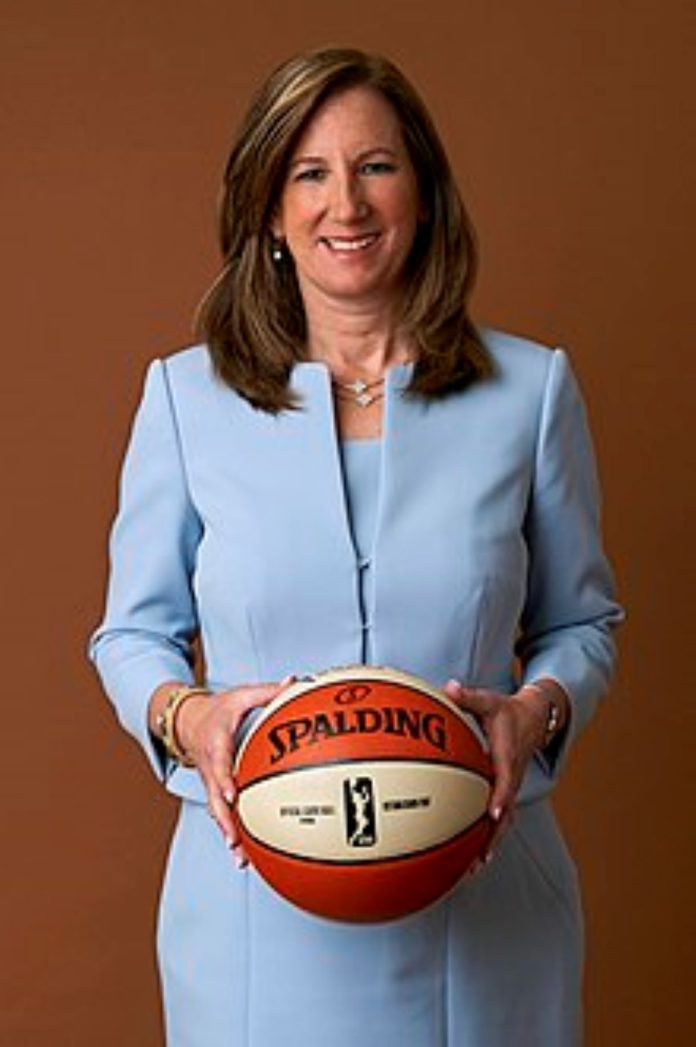It is typical banter between owners and players in collective bargaining.
WNBA Labor Talks Mirror Familiar Sports Power Struggles
In professional sports, collective bargaining negotiations always follow a familiar pattern: players grow frustrated with ownership, and the league commissioner becomes the lightning rod for their anger. The commissioner, hired by the owners, is tasked with protecting their financial interests — often by keeping salaries in check. That tension has once again surfaced, this time in the Women’s National Basketball Association (WNBA), as labor unrest brews ahead of the league’s expiring collective bargaining agreement.
Rising Tensions Between Players and League Leadership
The current WNBA collective bargaining agreement expires on October 31, and negotiations have reportedly turned contentious. WNBPA vice president Napheesa Collier recently had a conversation with league commissioner Cathy Engelbert that did not go well. Collier’s post-meeting remarks pulled no punches.
“We have the best players in the world, we have the best fans in the world, but right now we have the worst leadership in the world,” Collier said. “The real threat to our league isn’t money, it isn’t ratings or even missed calls or physical play. It’s the lack of accountability from the league office.”
Collier also claimed that Engelbert told Caitlin Clark and other players they “should be on their knees” in gratitude because the league gave them a platform — a statement that only deepened the divide. Clark, the former University of Iowa superstar, entered the WNBA with a strong national following and lucrative sponsorships, but the comments have reportedly caused frustration among both veterans and newcomers.
A Familiar Labor Story in Sports
This dynamic — players publicly clashing with a commissioner — isn’t unique to the WNBA. It happened this summer in Major League Baseball, when Philadelphia Phillies slugger Bryce Harper told Commissioner Rob Manfred to stay out of the clubhouse after suggesting a potential salary cap. In every league, the commissioner serves the same purpose: to represent ownership, control costs, and maintain leverage in labor negotiations.
That’s why people won’t judge Engelbert’s job performance by player approval ratings. Her ultimate responsibility is to maximize league revenues, strengthen the business model, and protect ownership’s bottom line — even if that makes her the villain in the eyes of the players.
The Stakes for the WNBA’s Future
The outcome of these talks will have major implications for the WNBA’s trajectory. The league has seen unprecedented growth in attendance, television ratings, and star power, thanks in large part to a new generation of marketable athletes. However, a public labor dispute could threaten that momentum. For now, all signs point to a tough negotiation ahead — and a commissioner under fire from the very athletes she’s tasked with managing.
Evan Weiner’s books are available on iTunes: Evan Weiner Author Page
For inquiries, contact Evan at evan_weiner@hotmail.com







